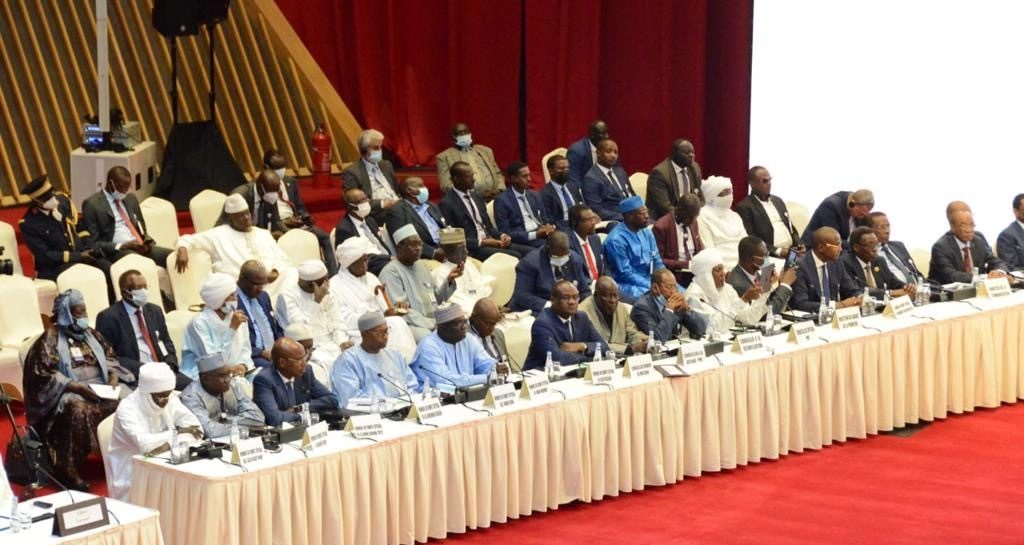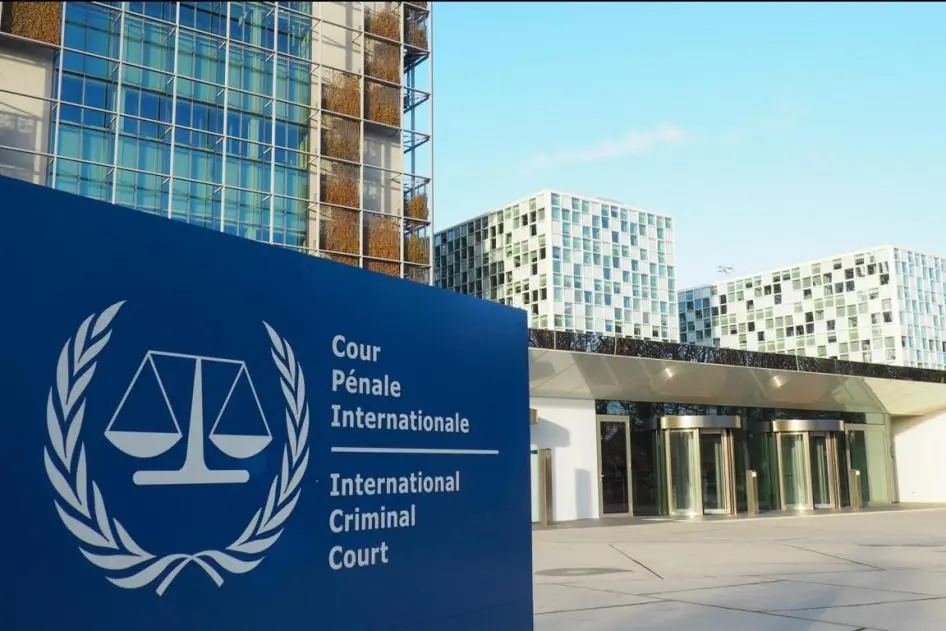The possible postponement would be the second as the national dialogue was initially scheduled to take place in February.
There have been growing calls on the Chadian government to delay the 10 May national dialogue as talks in Qatar have yet to yield progress, according to Al Jazeera.
Qatar has been hosting the pre-dialogue since 13 March with the participation of more than 40 sides, comprising rebel and political groups. The national dialogue aimed at establishing a new constitution and holding long-promised elections.
A demand was reportedly raised at the Doha talks over guarantees to ensure the safe return of rebels to Chad and the release of political prisoners.
Critics told Al Jazeera that they are concerned that the Transitional Military Council (TMC) and rebels are not going to be able to reach an amnesty agreement in time for the dialogue. The critics noted that there would be no point in the national dialogue with the absence of rebel groups.
A source privy to the talks in Doha also told Al Jazeera that the possible delay was discussed on Friday during a phone call between Qatar’s Amir Sheikh Tamim bin Hamad Al Thani and President of Chad’s TMC Mahamat Idriss Deby.
The source added that Qatar wants to witness an inclusive dialogue.
The possible postponement would be the second as the national dialogue was initially due to take place in February.
According to Al Jazeera, the Chadian government plans to release rebel groups who will be singing an amnesty agreement. Deby had previously expressed his hope in the disarmament and return of Chadian militants from Libya to their country.
Talks in Doha and the national dialogue aim to find a political resolution following years of unrest. The killing of former President Idriss Deby on 20 April, 2021, has contributed to the country’s current turmoil.
The former leader was killed in the middle of fighting between government and rebels from the Libya-based Front for Change and Concord in Chad (FACT) group. Deby’s son later became the President of Chad’s TMC.
Deby had named a 40-member transitional government in May that was set to remain in office until the end of 2022. He also formed the 93-member interim parliament in September, the National Transitional Council (NTC).
Commenting on the apparent delay in the amnesty agreement, Chad’s Foreign minister Mahamat Zene said that the Qatar talks and national dialogue can still take place at the same time.
The groups responded to the proposal by accusing the government of rushing the dialogue, saying that the TMC will ‘carry full responsibility for any consequences.’
Human Rights Watch (HRW) recently expressed its concern over a worsening human rights situation in the country since the killing of the former ruler, with people in Chad calling for a civilian-led transition.
The rights group claimed that the de facto leader has been arresting dissidents and threatening critics in the country. Those claims have been denied by Deby’s ministers.
“Chad’s allies should tell him [Deby] that the military council; should reverse course, respect and protect Chadians’ right to peaceful protest,” said HRW last week.
Al Jazeera reported that there has been a disagreement over the rebels’ demand to ban members of the TMC to run in the upcoming elections. In turn, the delegation of the Chadian government said that such concerns should be raised at the national dialogue in N’Djamena instead of the Gulf state.
One positive outcome at the Doha talks was the unanimous agreement by the Chadian delegations to name Qatar as the mediator.
Speaking to AFP last month, Qatar’s special envoy for mediation Dr Mutlaq bin Majed Al Qahtani said that “the Chad peace negotiations are progressing on the right track, despite some challenges.”







